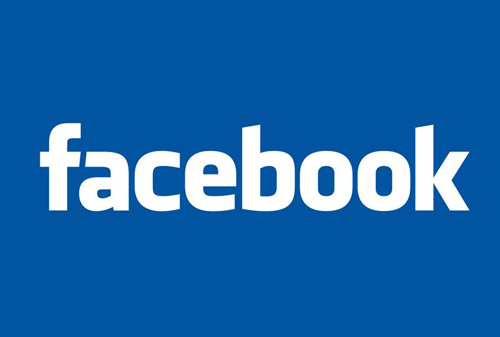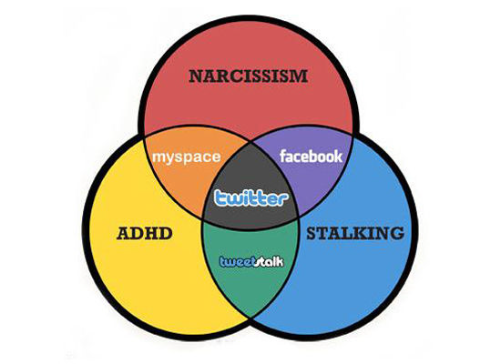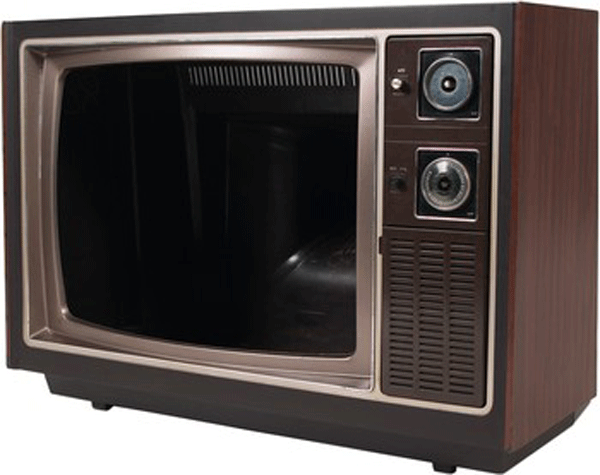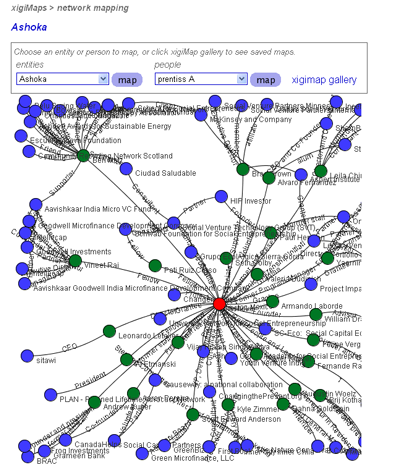This device WILL change the world
No, no, no, not THAT one!
I meant the one below:
It's going to be a long while before very many poor people have iPads, but there is already one TV for every 4 people in the world. I remember being in a remote village in Ghana with 30 people crowded around a TV set, so 1 in 4 implies a VERY big reach for TV already. In the words of one my favorite development economists, Charles Kenny in Foreign Policy:
In our collective enthusiasm for whiz-bang new social-networking tools like Twitter and Facebook, the implications of this next television age -- from lower birthrates among poor women to decreased corruption to higher school enrollment rates -- have largely gone overlooked despite their much more sweeping impact. And it's not earnest educational programming that's reshaping the world on all those TV sets. The programs that so many dismiss as junk -- from song-and-dance shows to Desperate Housewives -- are being eagerly consumed by poor people everywhere who are just now getting access to television for the first time. That's a powerful force for spreading glitz and drama -- but also social change.
Social change from soap operas? Kenny is referring to the research of U. Chicago Professor Emily Oster joint with Robert Jensen, which found in a rigorous study that the introduction of cable TV in rural India was associated with decreased acceptability of domestic violence, decreased preference for sons over daughters, and increased school enrollment for young children. Cable TV in India features mainly game shows and soap operas.
Similarly Eliana La Ferrara and co-authors found that soap operas reduced fertility in Brazil, a trend often associated with increased power for women. The soap operas portrayed much smaller families than what actually exists in Brazil. The research suggested the soap operas were pretty important, because parents were naming their children after the main characters on the telenovela in the year of birth.
More seriously, TV can spread health messages like hand-washing (which shot up in Ghana after a TV campaign).
Sorry, I have to go, it's time to watch Law & Order.
Take seriously the power of networks (or just look at some COOL maps)
A few days ago, I met a guy because he was my wife’s girlfriend’s boyfriend. He turned out to be a high ranking official who had some fascinating inside stories about aid and corruption in an African country (which I won’t name to protect his privacy). A local aid worker friend recommended an orthopedist to treat my wife’s badly injured ankle while we were in Addis Ababa. The orthopedist was able to give my wife relief (at full American prices, which went to his NGO) and then he asked if I knew that crazy aid criticizing NYU professor.
One of the best hiring decisions I ever made was to employ my friend’s wife’s neighbor’s daughter.
More and more people are discovering the power of social networks (consult the avalanche of popular books on connectedness and shrinking degrees of separation). Being well-connected to other people, who are in turn well-connected, is a powerful way to get information, to reduce search costs for employment or trade transactions, and to create strong incentives to behave well and protect your own reputation. Formal research in economics celebrates the economic payoff to social connectedness (aka social capital). Phenomena like the Hasidic diamond merchants of 47th street in Manhattan show the power of business networks based on ethnicity and family. Ethnic networks are common in Africa, like the Hausa traders in West Africa, or Luo fish merchants in Kenya.
The scorn usually shown for Nepotism and the Old Boy Network is so 20th century! The 21st century view is to respect the value of social connections wherever they come from!
OK, I’m exaggerating. You need to balance the value of social connections against accountability mechanisms, merit-valuing incentives, and ethical rules, so I don’t just hire my good-for-nothing cousin with other people’s money. Also you need to worry about people who are frozen out of networks through no fault of their own. But that is OFF MESSAGE, so I am going to ignore all that today.
Venture capitalists rely heavily on social networks to assess reputation and to make new deals. And so do social entrepreneurs. Someone tipped me off to xigi.net, which is a fantastic web site for facilitating networks among social entrepreneurs:
xigi.net (pronounced 'ziggy' as in zeitgeist) is a space for making connections and gathering intelligence within the capital market that invests in good. It’s a social network, tool provider, and online platform for tracking the nature and amount of investment activity in this emerging market.
OK, I confess, what really got me to look at this site was the hyper-cool network maps that show connections between the social entrepreneurs. Check out the map for the deservedly well-connected Ashoka folks of Bill Drayton (this is a screen shot, but you have to visit the map on the xigi site to explore its cool functionality).
The point is that part of the effectiveness of Ashoka is because they are so well connected, and they make all their partners in turn more effective in turn by being connected to the well-connected Ashoka.
We could keep dreaming: social networks could be a powerful vehicle for spreading information and evaluations about existing aid projects and actors. The Internet makes this much more feasible that it used to be. GlobalGiving.org is one initiative that tries to implement this idea. Oh, and I happen to know about and trust GlobalGiving because I have known the two founders ever since we worked together on Russia in the early 90s.
I had never heard of xigi.net until a couple days ago. I heard about it from my wife’s girlfriend, the one who had the aid and corruption story-telling boyfriend.
I REALLY hope this idea does NOT spread to global poverty awareness
 Women posting their bra color on Facebook for Breast Cancer Awareness
Also could you please NOT think of some analogous thing for men -- trust me, you don't want us to go there.
Women posting their bra color on Facebook for Breast Cancer Awareness
Also could you please NOT think of some analogous thing for men -- trust me, you don't want us to go there.
The power of searchers
 The Defense Department just sponsored a contest in which they randomly placed 10 large red balloons across the United States and challenged teams to find them all. The one who found all 10 first would get $40,000.
The Defense Department just sponsored a contest in which they randomly placed 10 large red balloons across the United States and challenged teams to find them all. The one who found all 10 first would get $40,000.
The National Department of Supervisory Agencies for Universal Surveys for Many Different Types of Objects took on the challenge from its massive Washington DC headquarters. It dispatched instructions by secure mail pouch Circular #10-A643 to its 135 regional offices, notifying them to add large red balloons to the Watch List in their multiyear project for surveying the entire United States for Many Different Types of Objects. When last we heard, the regional offices were contacting Washington headquarters for clarification as to what diameter balloon should be considered “large.”
The winning team, at the MIT Media Lab, found all 10 balloons in 8 hours and 56 minutes. They used decentralized search through the Internet, spreading the message through web sites and social networks that there would be cash rewards to any chain of people that resulted in a balloon find. In the end, they drew on the efforts of 4,665 people.
As Dr. Riley Crane, the leader of the MIT group, explained:
If you heard about our Web site and went to sign up directly, and you found a balloon, you would get $2,000…. If instead you signed up and then you told your friends, and one of your friends found a balloon, that person would still get $2,000 because they found the balloon. And you, because you signed someone up who found the balloon, would also be rewarded with $1,000...
Wow, the Defense Department has just simulated an entrepreneurial economy! Entrepreneurs search for things that will pay off, or search for other people who will find things that pay off.
Searchers also work in aid, finding techniques or projects that work where you least expect to find them. That’s how aid found microcredit, conditional cash transfers, mobile banking, water purification tablets, nutritional supplements, oral rehydration therapy, and on and on.
The first and only time I met Bill Gates, he complained about my book “what is all this nebulous crap about searchers?” The funny thing about very successful Entrepreneurs is that not even they realize that they are part of a decentralized search network. They think it was all their brilliance – the equivalent of the 10 -- out of the 4,665 --who actually spotted the balloons thinking “we are so brilliant at balloon finding.”
Hat tip to the great searcher Michael Clemens, for drawing our attention to the story.
 From Aid to Equality
From Aid to Equality





